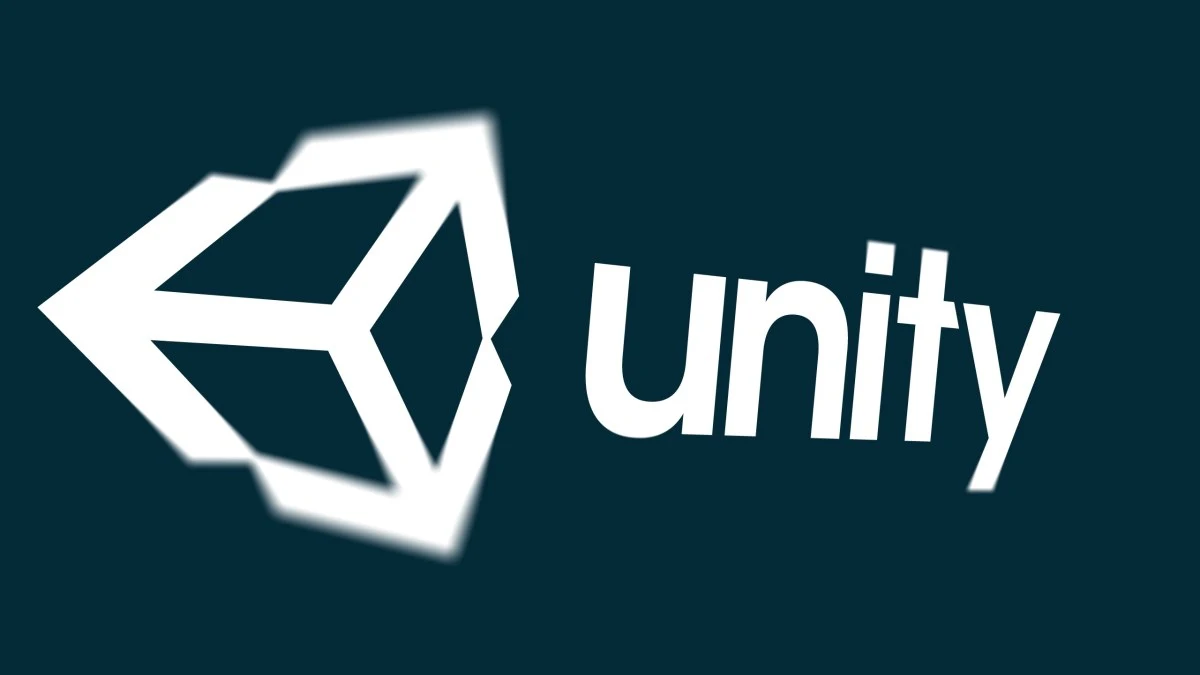- cross-posted to:
- hackernews@derp.foo

Hardly a U-Turn. If a developer uses Unity’s next release LTS version, then they would still be subject to the runtime fees. So developers still must migrate off Unity, but have a little more time to do so.
Not true.
The Runtime Fee policy will only apply beginning with the next LTS version of Unity shipping in 2024 and beyond.
And it’s now fee or revenue share of 2,5%.
But yes, everyone should still move on as fast as possible (at least it removes the pressure of bankrupcy) as the trust is broken and they can do similar change anytime in the future.

They chose EA lizard and pushed him to implement the changes for a reason. You don’t get a CEO position without a professional background check. And if you think that The Board didn’t know anything about what happened, you are kidding yourself.
The preparations in ToS changes also shows that this was a deeply planned move.
Even if they fire Ricatello, nothing changes. He’s not the reason, just a public scapegoat (a willing and well paid one). Main shareholders and their Board of Directors won’t change. company is in the bad hands.
I’d advise any developers to finish already started projects in Unity and then get the fuck away from them ASAP.

See the thing here is that because they tried to apply this retrospectively this doesn’t really help because they’ll just do it again in a while when they think that the dust is settled. Probably not quite as obviously but they’ll try something.
How are you supposed to have a business relationship with a company who not only move the goal posts but also travel back in time and move them in the past as well.

They haven’t u-turned, they have delayed implementation.
This is a prime example of enshittification. What do Unity’s users benefit from in exchange for this new charge? Nothing - all this does is increase Unity’s income.
The reason they need to change their income makes sense - their primary income comes from helping mobile game makers push ads and that is both volatile and threatened by privacy pushes by Apple on particular.
The commercial motivation makes sense, and yet another example of how it leads to enshittification of a service or product.

Somebody was pointing out the other day they have about 7,000 employees, why? I cannot understand what they must all do.

A lot of those employees must be client-facing/sales/ads, I would think? I don’t think game engines generally have large teams, but maybe I’m wrong.
This is the best summary I could come up with:
A new pricing policy is still incoming, but it’s far less fraught for independent developers, many of whom threatened to leave the engine and platform behind rather than pay.
The plan was intensely unpopular, as apart from the increased costs many would incur under it, it suggested that the people running the show at Unity were completely disconnected from the community.
Less than two weeks from its debut, however, the runtime fee policy has been almost completely reversed and its architects are abasing themselves before their customers.
Overall the changes seem to address most of the issues people had with the new terms, and importantly it is more or less opt-in (or the unavoidable product of success) come 2024, on new projects, rather than taking effect on games that are out now or have been for years.
But the high-handed manner in which Unity attempted to squeeze its customers has unquestionably spooked the community, and while the threatened exodus will likely now be far smaller, they will remain watchful for future shenanigans.
What trust Unity had built up was seriously damaged by this ill-conceived foray, and many developers may look more seriously at competitors rather than run the risk of the company altering the deal again.
The original article contains 383 words, the summary contains 206 words. Saved 46%. I’m a bot and I’m open source!

Lose trust from your developers, and soon you won’t have any developers left.


